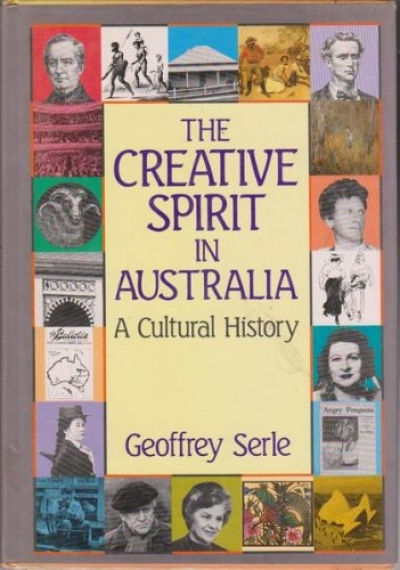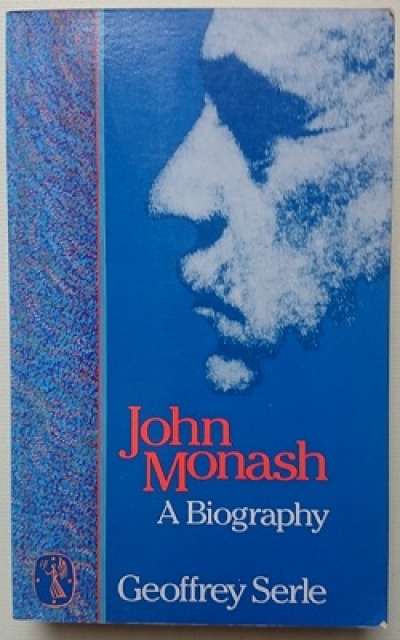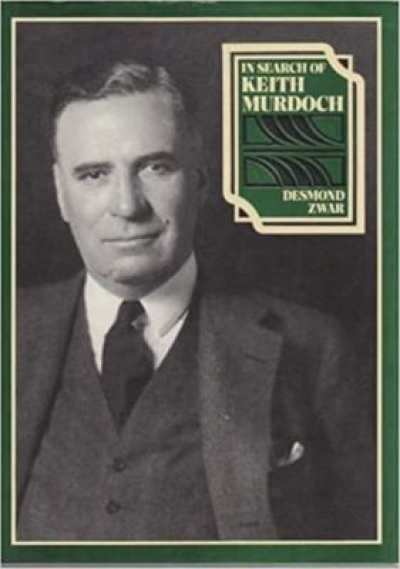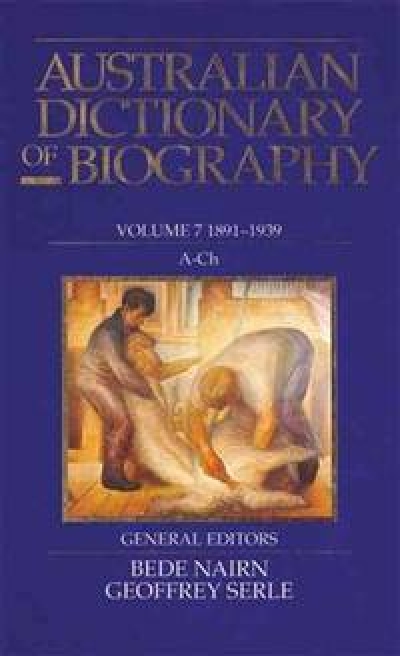The perennial and increasingly tiresome question of Australian ‘national identity’ will probably diminish rapidly after the point where the design of a new and truly Australian flag is determined.
That it is a question at all, after just on two hundred years of settlement here, is curious. Part of the condition was diagnosed by the late Arthur Phillips in his studies of our colonial culture, The Australian Tradition, where he perceived in this country what he termed ‘the cultural cringe’. Phillips’ book, together with Vance Palmer’s The Legend of the Nineties and Russel Ward’s The Australian Legend, were emancipating surely.
...
(read more)




